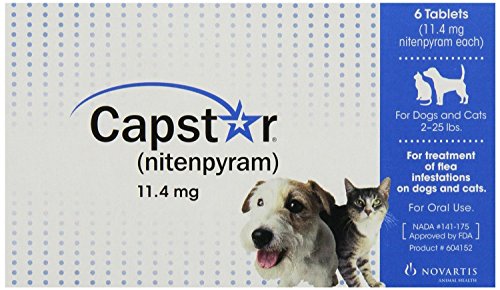Liver Focus Review

Introduction
Probiotics have been well defined and long used in human and animal health and nutrition. Probiotics have long been used in nutrition and health. Many probiotic strains are derived from human gut bacteria. Probiotics have been well-received for their beneficial effects and especially the use in clinical settings to treat specific diarrhoeal conditions, such as Rotavirus diarrhoea or Traveller’s diarrhea. The main factors that contribute to these effects include colonisation resistance and the impact of probiotics upon microflora balance. Remember that the human intestinal microflora (resident in large intestine) will always be greater than any of the available probiotics. Due to the variety of the human microbiota as well its variability due to different human diets, genetic backgrounds, and lifestyles, it will continue to be difficult for probiotics processes. Although it is home to a small amount of local intestinal bacteria (which is not common), the large part of the gut associated lymphoid Tissue (GALT), which collects intestinal microbes ([ ]). Thus, the GALT (small bowel) might be the primary mediator of modulation in systemic immune or allergic phenomena. A supplement of quantitatively and qualitatively optimized microbes to the small bowel might promote Treg cell proliferation and immune modulation. In the large intestinal, bacteria intervention could cause modulation in the microbial fermentation activity. This might also affect the colonic epithelium and alter or suppress innate immunity. These mechanisms might be responsible for the probiotics’ effect on functional and inflammatory bowel disorders.
The research field of probiotics is very heavily reviewed, using different clinical and microbiological angles to elucidate the topic. This review will summarize the latest trends in probiotic research and focus on probiotics’ effects on healthy and sick guts.
This article will focus on the probiotics’ direct and indirect effects on intestinal cells. It also discusses their potential consequences for liver.
Probiotics may have potential mechanisms that promote GI health, and can also impact the liver. Probiotics and surface-layer proteins competitively exclude microbial pathogens from mucosal surfaces. The integrity of tight junction proteins such as zona occludins-1 or claudin1, prevents the transfer of viable organisms (BT), to mesenteric Lymph nodes and eventually to the liver. The probiotics stimulate the secretion and production of anti-inflammatory factors, including interleukin-10. An increase in Mucin/trefoil factor and goblet-cell production, as well as an increased production of antibacterial Defensins and Paneth cells’ enhanced production are all part of the probiotics-induced immune response. It is possible that probiotics may alter the intestinal microbiota. This could limit intestinal bacteria overgrowth and produce lipopolysaccharides.
What Does it Take to Get Liver Focus Working?
5.0 out of 5 stars Yes, loving Liver Focus! The product works well and I love it! I can totally see a noticeable difference in my body fat, particularly on my sides and back.
How Long Should You Take Liver Focus?
You will see the best results after 3-4 week of taking the proper dosage. You will pee, poop and sweat more frequently. When you begin a detox, these are the signs that it’s working and peeing, pooping and sweating is how you release toxins, and releasing toxins is how you release weight.
What can you do to detoxify your liver?
Reduce the alcohol that you consume. A well-balanced daily diet is recommended. It’s recommended to eat between five and nine fruits and veggies each day. You should include protein to help detox your body naturally. May 11, 2020
.Liver Focus Review























:fill(white)

